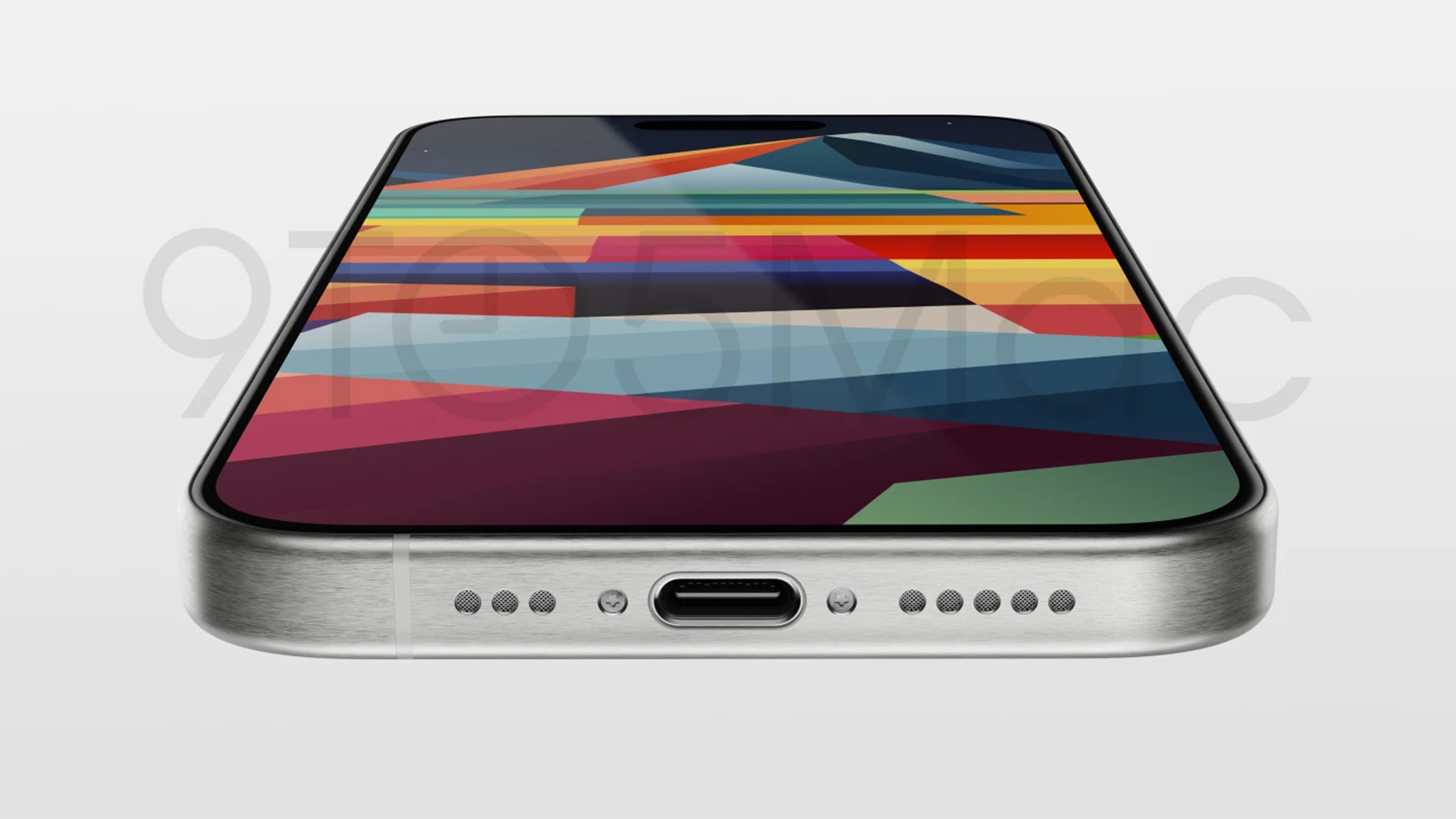Apple and the EU have had a bit of a spat over the USB-C port, which has led the upcoming iPhone 15 lineup to ditch Lightning and move over to the standardized socket.
One fear has been that the Cupertino cronies may implement its ‘Made for iPhone’ program again by installing a chip that artificially limits charging and data speeds. Well, according to Majin Bu’s leaked images on X, there is a mystery chip that may confirm these fears.
USB type sneaky
You can see the packaged chip on the iPhone 15 series. The model is 3LD3. Because it is a self-designed chip, the function cannot be judged by the model. Judging from the same type of plastic packaged chips in the past, it may be the setting of transmission encryption. pic.twitter.com/YSM1guM3n9August 14, 2023
The chip is an Apple-made piece of silicon named 3LD3, and it is attached to the iPhone 15 Plus’ charging components. Functionality is currently unknown, but the educated guesses are:
- Transmission encryption: keeping you safe from data sent or received over USB-C.
- Accessory verification: the worst case scenario, which would mean Apple can artificially limit data and charging speeds based on what accessories you’re using.
I’m hoping it’s the former but knowing Apple, I wouldn’t be surprised if it is the latter or a combination of both. This also correlates with ShrimpApplePro’s report that third-party cables will be limited by software.
Plus, don’t forget the EU has given tech companies until the end of 2024 to follow this legislation. The company could get away with this for one more generation of iPhone. Beyond that date, this would all be illegal under EU rules.
Outlook

What this chip will do, we’ll have to wait until Apple’s September event to find out. Not that the company will tell us specifically but to see whether that ‘Made for iPhone’ moniker starts appearing on select accessories.
If that happens, we have a good indication that the chip is throttling third party options, but proper confirmation will come with testing. All we can do now is cross our fingers that this isn’t the case.
 notebook.co.id informasi dan review notebook laptop tablet dan pc
notebook.co.id informasi dan review notebook laptop tablet dan pc